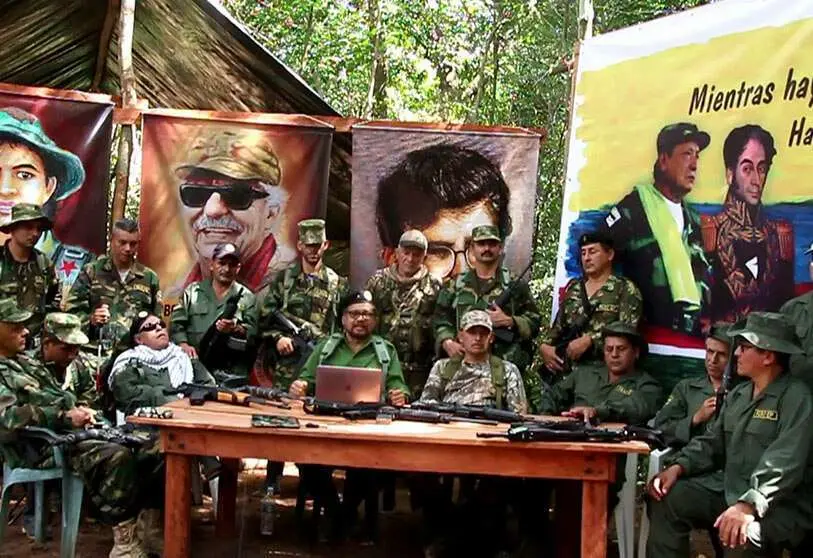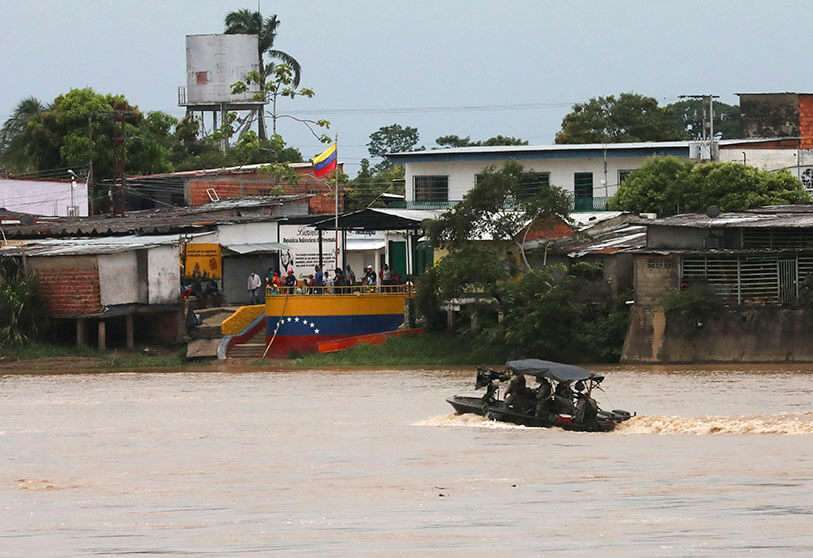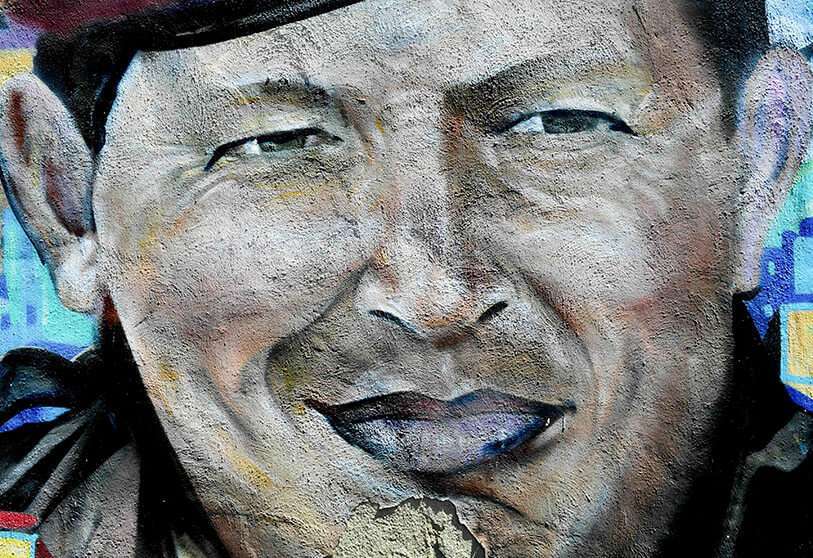Venezuela: a battleground between FARC dissidents and the Venezuelan army

In the Venezuelan border communities with the department of Arauca (Colombia), exactly in the community of La Victoria, there has been one of the major clashes between the Bolivarian National Armed Forces (FANB) and dissidents of the Revolutionary Armed Forces of Colombia (FARC), for control of the territory. According to data from Migration Colombia, 3,900 people have been displaced from Venezuela to the department of Arauca, leaving the area increasingly depopulated and under the control of the Colombian guerrillas. On Monday 29 March, the FARC attacked a Venezuelan army checkpoint in the state of Apure, leaving nine people seriously wounded, according to the Venezuelan NGO FundaRedes, through its director Javier Tarazona. "The tenth front of the FARC-EP commanded by alias "Ferley", part of the Gentil Duarte bloc, continues to attack Venezuelan military checkpoints and posts in Apure, and the conflict continues to move to new areas of the state". The state of Apure in these last days of March has become a battlefield between the two groups.

The chavista regime's defence minister, Vladimir Padrino López, accused of drug trafficking by the American justice system, declared on this situation: "The Colombian irregular groups are attacking us with explosives and long arms. They continue to instil terror in the population and believe that by harassing military bases they are going to intimidate us. They cross the river, make their skirmishes and return to Colombia with the protection of their authorities". Padrino López is in for a surprise, as for many years he has allowed FARC dissidents and the National Liberation Army (ELN) to coexist with the Venezuelan army, becoming allies in organised crime and the economic benefits they derive from the illicit trafficking of gold and cocaine.

On 23 March, FARC dissidents carried out an attack on a Venezuelan army border control post, where two Venezuelan soldiers lost their lives, the attack left the area without electricity. This attack was led by one of the leaders of the dissidence, alias Gentil Duarte, one of the most wanted criminals by the Colombian authorities, who, according to the police, has a great knowledge of the routes of entry and exit of cocaine between Colombia and Venezuela. The FARC dissidents published a communiqué, according to the group, a "public denunciation", in which they expressed their dissatisfaction with the Venezuelan army; "the violation of international humanitarian law by the Bolivarian Armed Forces against the peasants and civilian population. These Armed Forces have carried out kidnappings and demanded payments for the release of civilians (extortion), they have also committed looting and criminal acts, camouflaged as military actions and achievements in combat". The guerrillas go from being the perpetrators to the defenders of these Venezuelan communities, according to their official communiqué, and accuse the FANB of looting homes, stealing vehicles, mobile phones and computers. "We clarify that the reports presented by the Bolivarian Forces report seizures of cars, computers and illicit substances as belonging to us, which is FALSE information, because not only is there no seizure of our material goods, but the Guardia with the Special Action Forces - FAES, are carrying out infamous actions of looting the community".

The guerrillas claim that it is ideological, as they continue to refer to the Venezuelan population as Chavistas and Bolivarians, "as revolutionary forces, we have always sided with the dignified Bolivarian struggle against the incessant imperialist aggressions, therefore, we are and will be the first to use our strength to defend the sovereignty of the Venezuelan people against these aggressions against our brotherly territory". This is undoubtedly a low blow for Nicolás Maduro, who was counting on the Colombian guerrillas and their illicit activity to be able to generate income through organised crime. In the coming weeks we will see how the situation evolves, whether this represents a precedent that marks the relations between Maduro and the FARC from now on or whether it is an isolated confrontation, and they continue to cooperate to maintain one of the largest criminal networks in Latin America.
Latin America Coordinator: José Antonio Sierra.








